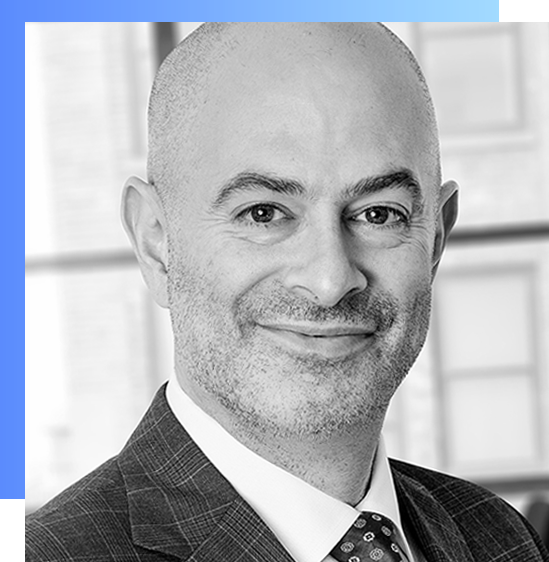Chronic pain is a growing problem in the United States. According to the National Institute of Neurological Disorders and Stroke, over 100 million Americans suffer from chronic pain. This number is rising every year as our population ages. Fortunately, there are new advances in pain medicine that can help patients cope with this debilitating condition, says Dr Brian Blick.
The future scopes in this field
● One of the most promising new treatments for chronic pain is called nerve block therapy. Nerve block therapy involves injecting a local anesthetic into the area around the nerves that are causing pain. This numbs the nerves and reduces or eliminates the pain. Nerve block therapy can be used to treat various types of chronic pain, including back pain, neck pain, migraines, and cancer-related pain.
● Another promising new treatment for chronic pain is called spinal cord stimulation. Spinal cord stimulation involves implanting a small device near the spinal cord that sends electrical impulses to the nerves to block the pain signals from reaching the brain. This can provide significant relief for patients with chronic back pain or other types of chronic pain that do not respond well to other treatments.
Remember, what beliefs do you have about your pain? Do you believe that it will never get better? That it’s not worth trying new treatments because they won’t work? Any negativity is not encouraged by the pain medicine experts. Make sure you leave your appointment with a clear understanding of the next steps involved in your treatment plan.
Conclusion:
If you suffer from chronic pain, there is hope! There are new advances in pain medicine that can provide significant relief. Nerve block therapy and spinal cord stimulation are two of the most promising new treatments for chronic pain. If you suffer from chronic pain, talk to Dr Brian Blick about whether these new treatments may be right for you.



